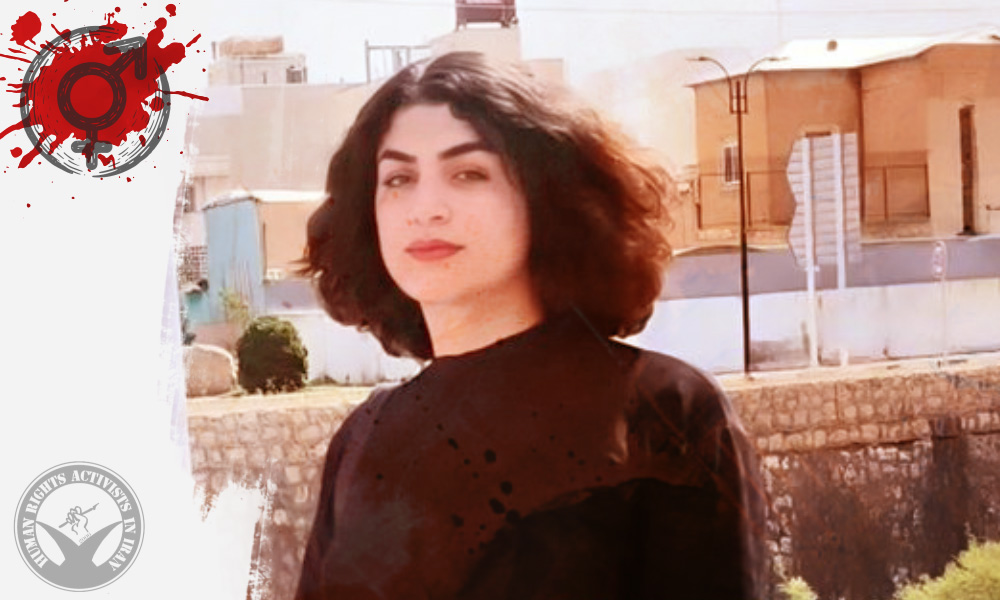HRANA – Sogand Pakdel, a 25-year-old trans woman, was shot and killed last month in the city of Kavar, Fars Province, by her uncle. The killing occurred during her cousin’s wedding and was motivated by so-called “honor.”
A source familiar with the case told HRANA: “Sogand Pakdel, around 25 or 26 years old, was a well-known member of the trans community in Shiraz and surrounding areas. She had been repeatedly threatened, subjected to violence, and even abducted by her family—especially by male relatives. In recent years, after being rejected by her family, she was living in a guesthouse in Shiraz. She never remained silent in the face of family violence and sometimes posted videos online demanding recognition of trans people’s right to live freely. Her father reportedly died of a stroke brought on by emotional distress related to her gender identity, which may have further fueled the family’s hostility.”
Sogand had endured a difficult life, including multiple abductions and physical assaults in remote areas by her own relatives. A close acquaintance told HRANA: “Living in a village or small town with a different appearance can, in itself, provoke those around you. Unfortunately, in the Ghashghaie community, hypermasculine notions of ‘honor’ are still widespread.”
According to information obtained by HRANA, Sogand’s family had tried to prevent her from attending the wedding through threats. Nevertheless, she attended in her feminine appearance. Upon her arrival, her uncle first fired a warning shot into the air, then shot her in the head, killing her instantly.
The source also noted that only a few people attended Sogand’s funeral due to ongoing threats from the family, including her uncle—who ultimately took responsibility for her burial. He later turned himself in to the police and confessed to the murder.
A friend of Sogand told HRANA: “She was always defiant—and she paid for it with her life.”
Sogand Pakdel’s killing highlights the systemic lack of legal protection for trans and queer communities in the Islamic Republic of Iran, where they continue to face discrimination, criminalization, and persistent violence. Discriminatory laws, including those related to compulsory hijab, a medicalized approach to gender identity, and cultural propaganda that legitimizes so-called “honor killings,” all contribute to the conditions that allow such crimes to occur.



